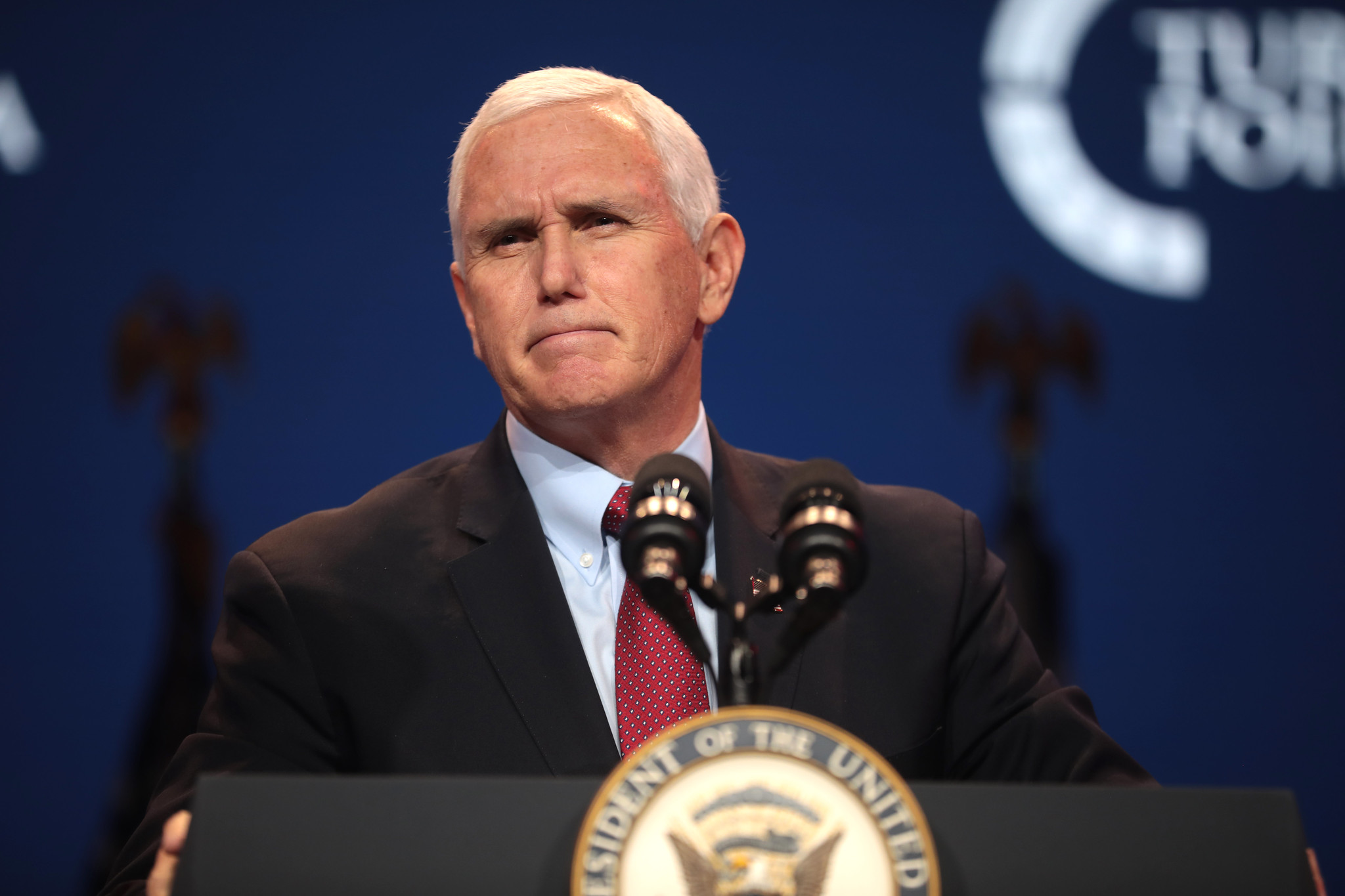Attempting to differentiate himself from former President Donald Trump, former Vice President Pence stated firmly that cuts to Medicare and Social Security should be “on the table for the long term”.
Pence, still considering a run for the Oval office, made the comments on CNBC’s “Squawk Box”.
“We’re looking at a debt crisis in this country over the next 25 years that’s driven by entitlements, and nobody in Washington, D.C., wants to talk about it,” he said.
Trump, meanwhile, is a vocal defender of Medicare and Social Security. As president, his annual budgets notoriously targeted provider payments instead of benefits in order to reduce Medicare spending.
“Under no circumstances will we allow anyone to cut Medicare or Social Security for our nation’s seniors,” Trump said Monday in a speech to a nonprofit group supporting his re-election. “We’re not going to allow that. They paid in, and you can’t allow it, and you shouldn’t allow it.”
Trump’s position is also in contrast to Florida Governor Ron DeSantis, who is widely expected to announce a 2024 run eventually.
When he was a representative in Congress, DeSantis voted for budget proposals developed by GOP leadership at the time. Those proposals would have fundamentally changed Medicare by converting it to a premium-support system and raising the eligibility age.
DeSantis has not proposed changes to the federal entitlement system during his time as a governor, leaving many to wonder where he’ll fall among the candidates vying for the Republican nomination.
Pence declined to divulge the details of his plans to cut entitlements, but he insisted changes must be made despite current Republican leadership backing off the issue.
“We all know where the real issue is in terms of long-term debt for the United States, and that is that, while I respect the speaker’s commitment to take Social Security and Medicare off the table for the debt-ceiling negotiations, we’ve got to put them on the table for the long term,” Pence said of Kevin McCarthy stating entitlement cuts would not be part of larger debt ceiling negotiations.








